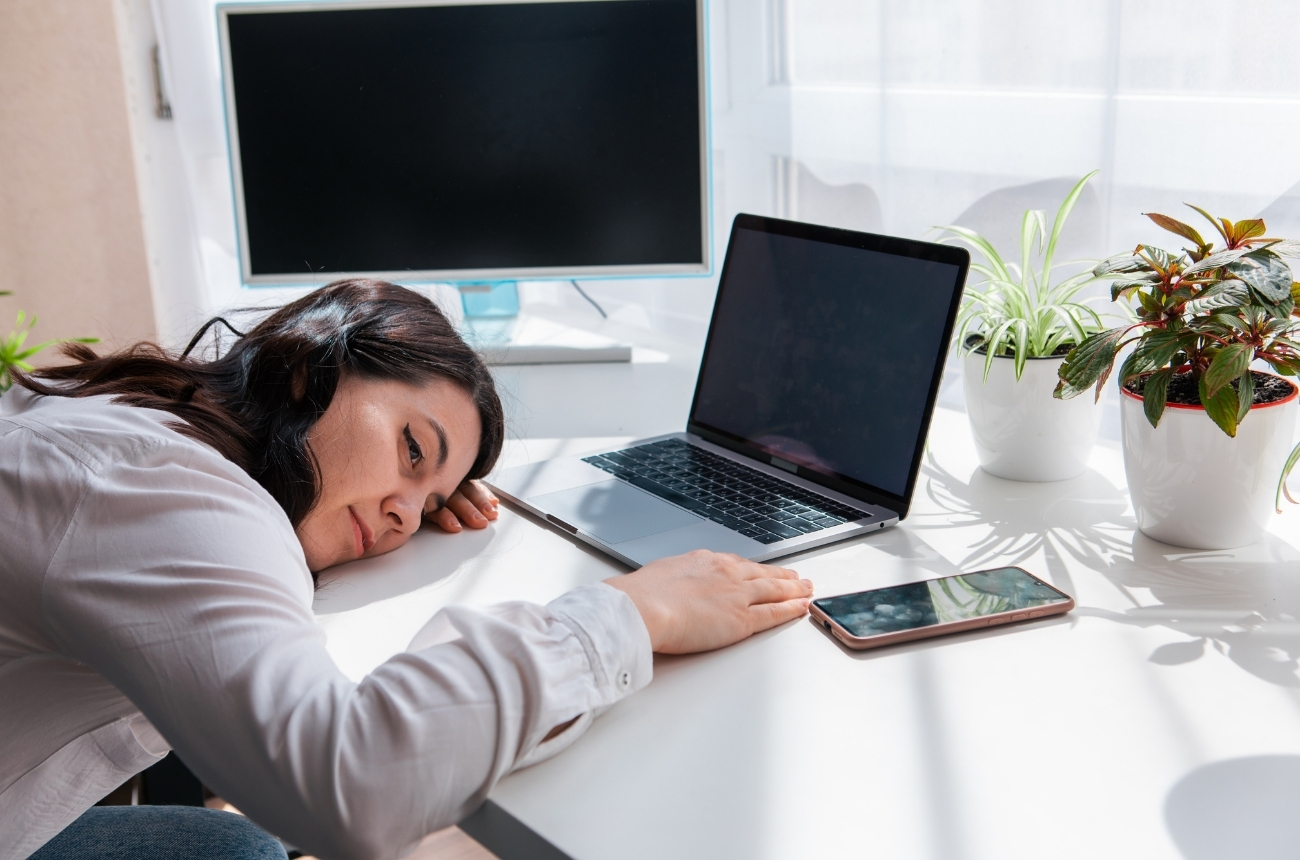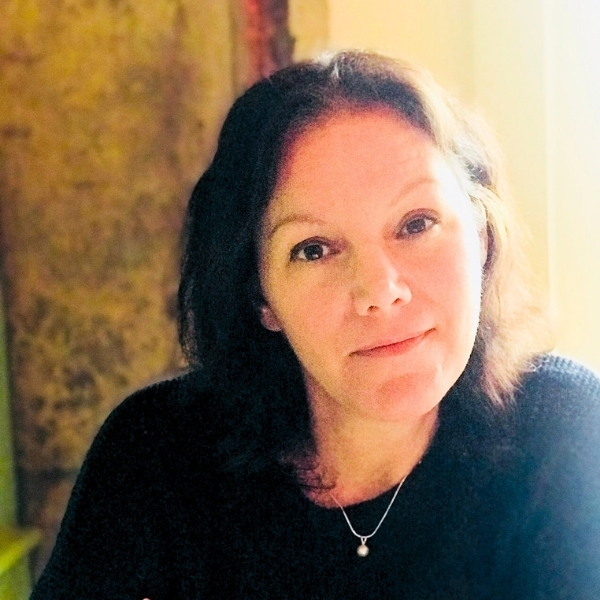
The First Time I Chose Me
The first time I realized I needed to take better care of myself, it was almost too late.
As women, we’re often celebrated for our strength, for how much we can carry and how much we can endure. But beneath the applause is an unspoken expectation: keep going, no matter the cost. For many of us, caregiving isn’t a choice. It’s a necessity. We care for our children, our elders, our communities, and too often, we forget ourselves in the process.
I was 35 and already years into full-time caregiving. My children were living with complex chronic health conditions. Our lives revolved around doctors, therapies, sleepless nights, and medical emergencies. Every day felt like triage. I didn’t think about self-care. I wasn’t even on my own list.
And then, my body gave out.
It started subtly. Fatigue, dizziness, and strange symptoms that seemed unrelated. Within months, my nervous system crashed. I was sent to specialists at Mayo and Stanford, but there were no clear answers. I went from being the caregiver to becoming a patient with a mystery illness, now bedridden, in a wheelchair, and dependent on others.
I was terrified. I still had children who needed me.
Rosalynn Carter once said, “There are only four kinds of people in the world: those who have been caregivers, those who are caregivers, those who will be caregivers, and those who will need caregivers.” I had become both at once.
That season of collapse was a reckoning, not just with my own limits, but with the broken care economy we live in. There were no safety nets and limited government support. As a middle-class American, I fell into the federal support no-man’s land. I made too much to qualify for social assistance and not enough to afford help on my own. The system failed me, just as it is failing so many today with the ongoing gutting of Medicaid, Medicare, and social services.
In the absence of a sufficient care infrastructure, something powerful happened: my community stepped in.
Neighbors helped with childcare. Church friends brought meals. That quiet network of community care saved me, and it reminded me of something deeper, something ancient. Across cultures, women have always cared in community—grandmothers, aunties, neighbors, sharing the load, raising each other’s children, tending to the sick, holding one another up. Care was communal.
Somewhere along the way, we were told to do it alone. That myth is killing us.
Research confirms what many of us already know: chronic stress from caregiving is taking a serious toll on women’s health. A systematic review published in Neuroscience & Biobehavioral Reviews found that long-term caregivers experience significantly higher rates of anxiety, depression, cardiovascular disease, and even immune system dysfunction due to chronic stress exposure (Allen et al., 2017). Another report from the National Alliance for Caregiving found that more than one in five caregivers say their own health has declined due to caregiving responsibilities. These are not minor consequences. They are alarm bells.
Fifteen years later, I’ve made peace with my body. I’ve learned how to listen to it and when to ask for help. And maybe most importantly, I’ve learned that taking care of myself isn’t selfish; it’s survival. I shouldn’t have had to hit the bottom to figure that out.
Looking around today I see so many women standing on the edge of that same cliff, living in fear, overwhelm, isolation, held up by sheer will. Women with fewer resources, shouldering the weight of a collapsing care system, yet still pushing through. But we cannot build a sustainable care culture on the backs of burned-out women.
The way forward is not more endurance or individual resilience, it’s more connection. It’s community care. It’s saying, “I see you,” and refusing to let another woman go under because the system refuses to support her.
We need to normalize and prioritize taking care of ourselves first, so we can show up for one another and build something stronger together. Because when we choose to care for ourselves, we’re not walking away from care; we’re unlocking the strength to care for each other and for the world we all belong to.
Deanna Gerstel Harris is a writer, director, and producer whose work lives at the intersection of arts and activism. Through storytelling, filmmaking, and cultural commentary, she uses the creative arts to platform underrepresented voices, shift narratives, and explore the most pressing issues of our time. She is the writer and director of When We Care, an animated short exploring caregiving and climate with heart and urgency. She co-founded a nonprofit in Arkansas to provide affirming spaces for LGBTQ+ youth and adults in the South, and her work supporting children with developmental delays was featured in Redbook Magazine’s “Heroes: 10 Moms Who Are Changing the Face of Autism.” A caregiver, advocate and Board-Certified Holistic Health Practitioner, she’s passionate about cultivating a culture of care that includes everyone.
Sources
- Allen A. P., Curran E. A., Duggan Á., Cryan J. F., Chorcoráin A. N., Dinan T. G., & Clarke G. (2017). A systematic review of the psychobiological burden of informal caregiving for patients with dementia: Focus on cognitive and biological markers of chronic stress. Neuroscience & Biobehavioral Reviews, 73, 123–164.
- National Alliance for Caregiving & AARP. Caregiving in the U.S. 2020. Washington, DC: NAC and AARP Public Policy Institute. https://www.caregiving.org
- National Alliance for Caregiving & AARP, Caregiving in the US 2025.
- National Partnership for Women & Families. The Female Face of Family Caregiving: A National Profile. February 2023. https://nationalpartnership.org
- World Health Organization. Gender inequalities at the root of global crisis in health and care work. March 2024. https://www.who.int
- AARP. Caregiver Mental Health Report. 2023. https://www.aarp.org
- Family Caregiver Alliance / National Center on Caregiving. Caregiver Health. https://www.caregiver.org
- NP Women’s Healthcare. Health Policy: The Female Caregiver Health Crisis. https://www.npwomenshealthcare.com
- AARP & S&P Global. U.S. Working Caregivers Report: The Sandwich Generation and Workplace Stress. May 2024. https://press.aarp.org

Lorem ipsum dolor sit amet, consectetur adipiscing elit. Suspendisse varius enim in eros elementum tristique. Duis cursus, mi quis viverra ornare, eros dolor interdum nulla, ut commodo diam libero vitae erat. Aenean faucibus nibh et justo cursus id rutrum lorem imperdiet. Nunc ut sem vitae risus tristique posuere.
Lorem ipsum dolor sit amet, consectetur adipiscing elit. Suspendisse varius enim in eros elementum tristique. Duis cursus, mi quis viverra ornare, eros dolor interdum nulla, ut commodo diam libero vitae erat. Aenean faucibus nibh et justo cursus id rutrum lorem imperdiet. Nunc ut sem vitae risus tristique posuere.